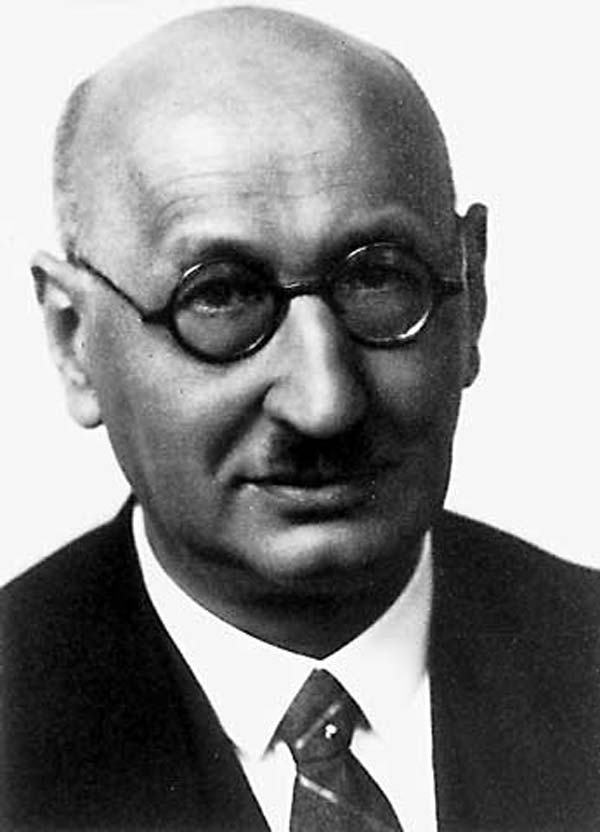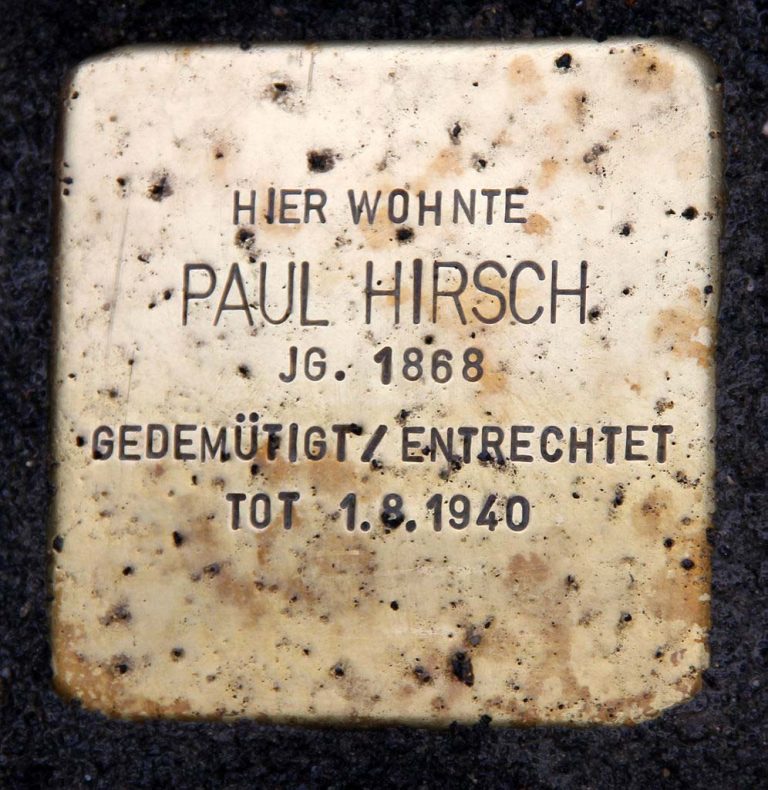Mayor Paul Hirsch
One fact that is often forgotten is that for a period of seven years during the time of the Weimar Republic (1918-1933), Dortmund had a Jewish mayor. Paul Hirsch, a Social Democrat, was voted into the post by the city council on 22 July 1925, against the opposition of the Conservatives. Lord Mayor Ernst Eichhoff had campaigned for the appointment of Hirsch, an experienced local politician from Berlin-Charlottenburg, as it had been decided at higher level that Dortmund should incorporate a number of surrounding localities into its territory, and Hirsch had already demonstrated his ability to manage a project of this kind in the German capital.
And indeed, Hirsch handled the incorporations of 1928/29 – which turned the city into the second-biggest in Germany by area after Berlin, causing it to be frequently referred to as Greater Dortmund – with great skill. He also earned great credit for his efforts in promoting the sciences and the arts.
For health reasons, Paul Hirsch applied for retirement with a pension in November 1932 and returned to live with his family in Berlin. In 1934, however, his pension was withdrawn by the Nazis. His two daughters were able to flee abroad. Hirsch and his wife, on the other hand, were forced to move into a so-called “Jew house” (“Judenhaus“). Paul Hirsch died on 1 August 1940; his wife took her own life a year later in order to avoid deportation.


